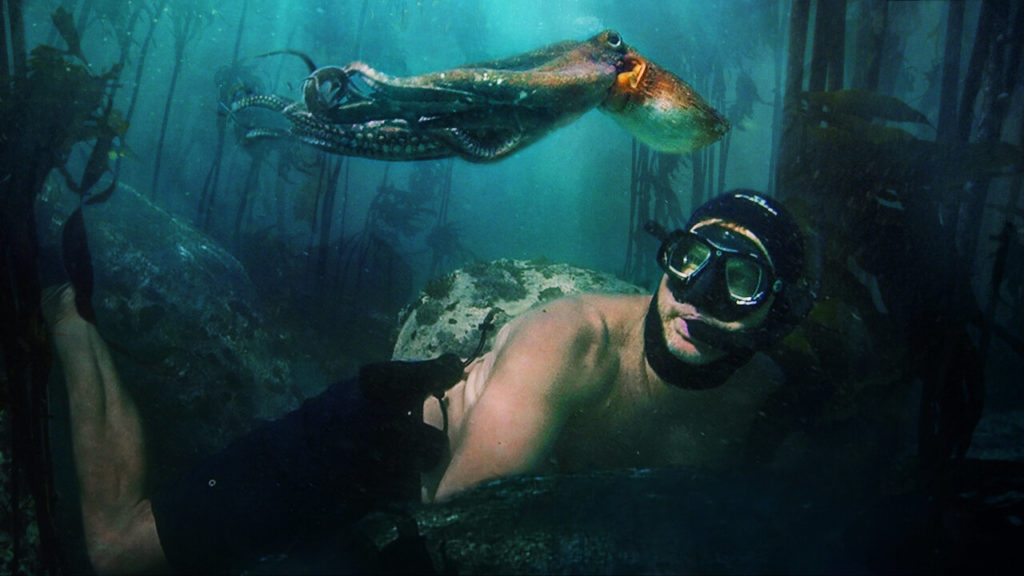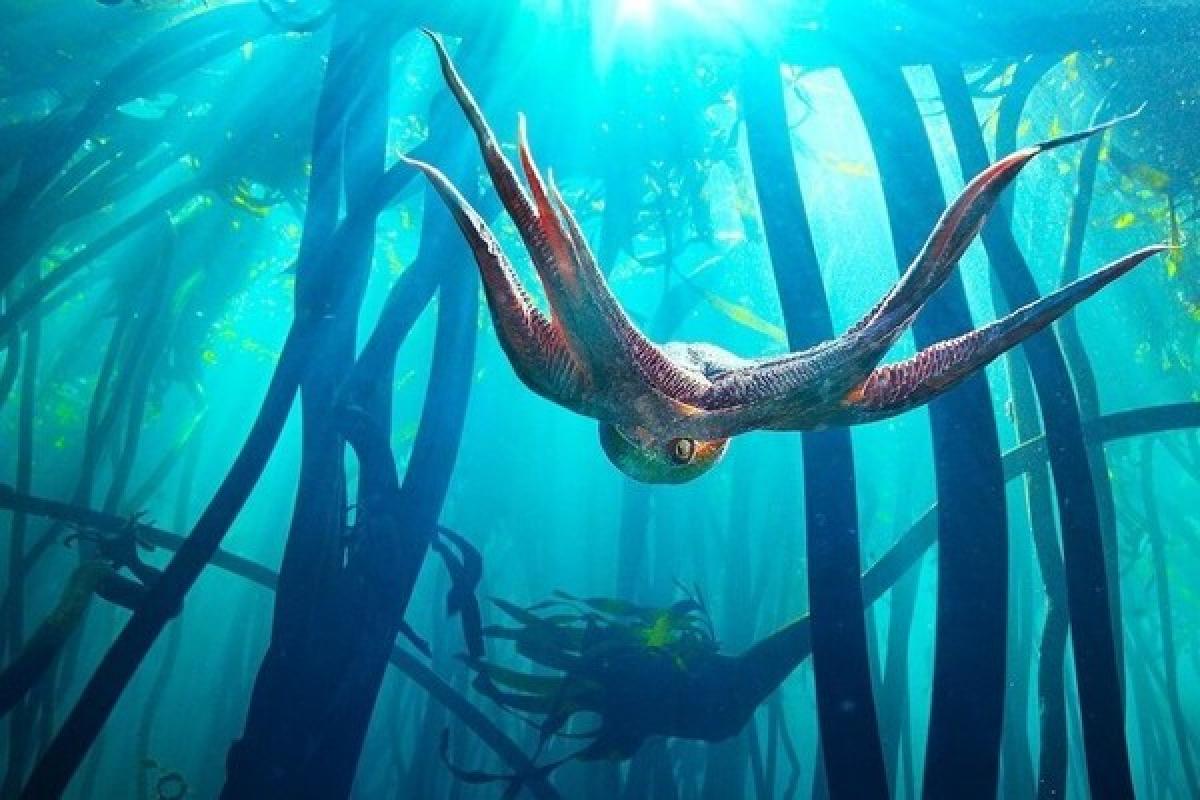La octopus farming it is controversial. While some see this practice as a great opportunity, others see a dark future for both cephalopods and the environment. Decades of controversy that will not cease since the expected milestone is a reality. The first octopus farm is about to open its doors Spain. Why are scientists protesting? Spain will open the first octopus farm in the world.
El Spanish Oceanographic Institute of Vigo he started to study twenty years ago how to make possible octopus breeding. Step by step they have been achieving small achievements until guiding their results to the viability, and hence, business practice. The main difficulty they faced was the supervivencia of the larvae. The diet with which the larvae were fed in captivity It had to meet two factors. In the first place, that it be adequate for its correct development and, secondly, that it be feasible at an industrial level. Until they got to that point they couldn't move forward.

They arrived. From there, they began to conquer the rest of parameters. Enrich the environmental environment, for example, a requirement covered by law. The team of researchers did it through "toys" or "games", for example, giving them food in a jar that they had to open. They also introduced different scenarios so that its environment changed, thus reducing the animal's stress. This is because the octopuses They are very animals Smart y curious and they need to stimulate their cognitive functions.
Why so much interest in octopus farming?
But what are the main reasons why there is so much interest in trading with the octopus farming? The growing demand for octopus not only national level, but also law coupled with the scarcity of this resource. The number of octopuses available in wild environments of seas and oceans has drastically decreased like other aquatic species. The economic interest since the octopus vulgaris is considered a gastronomic delicatessen and is usually consumed in luxury markets. On great fertility, since a mama octopus can lay up to half a million larvae.
See this post on Instagram
Scientists against octopus farming
It has been very famous and it is worth mentioning an article written by an international group of researchers. Published two and a half years ago already warned of the dangers of raise the octopuses en captivity for marketing. It is true that those who defend this activity affirm that it will help to regenerate the ecosystems of the cephalopods. However, the signatories maintain that it poses a serious threat to the environment. They also believe that it is not correct from a ethical since it seems that octopuses are beings that feel and they express emotions.
Octopuses exhibit cognitive and behavioral complexity, and seem capable of experiencing pain and suffering. The neuroscientists who wrote the Cambridge Declaration on Conscience 2012, considered to be the first formalization of the scientific consensus on the consciousness of various non-mammalian species, pointed to octopuses as the only invertebrate capable of conscious experience (although it remains possible that other invertebrates may also be sentient). The case against octopus farming
“The European Commission agrees that “the farming of carnivorous animals such as octopuses may pose a risk of putting additional pressure on wild fish populations.”https://t.co/4kxHqnPOcn
— CIWF Spain (@CIWF_ES) January 10, 2022
octopuses are carnivores and have a feed conversion ratio of 3: 1, that is, they need thrice your body weight to eat properly. Both conditions are not ideal for practicing aquaculture. On the contrary, they are least indicated:
These efforts are occurring despite the fact that octopus farming has the same environmental consequences as other types of carnivorous aquaculture. And, like other carnivorous aquaculture, octopus farming would increase, not relieve, pressure on wild aquatic animals.
Spain in the spotlight
Our country is in the spotlight since the main investigations and the greatest efforts have been carried out in Spain. However, the interest is spread over the rest of the globe (Japan, Mexico, China y Mediterranean countries as Italy or Portugal) where many investigations also take place. Is it really necessary farm octopus? Does it affect our food safety?







